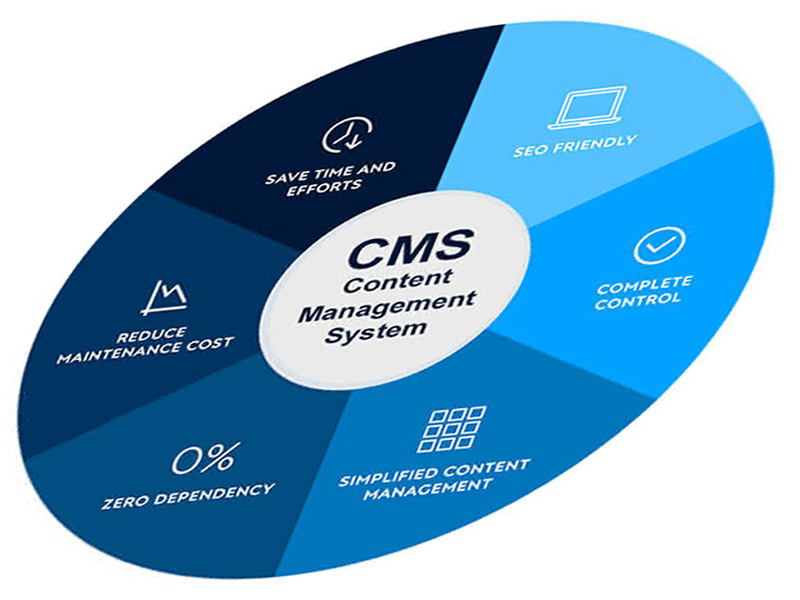Why is it important to have a high performing website?

Having a high performing website is crucial for several reasons, particularly in today's digital age where online presence directly impacts a business's success.
Here are some key reasons why it's important:
1. User Experience (UX)
- Speed: Fast-loading websites ensure that users do not get frustrated and leave. Slow websites can lead to higher bounce rates
- Navigation: Efficient, intuitive navigation helps users find what they need quickly, enhancing their experience and satisfaction
2. Search Engine Optimisation (SEO)
- Ranking: Search engines like Google prioritise high-performing websites, including factors such as load speed, mobile-friendliness, and security (HTTPS). A better ranking means more visibility and organic traffic
- Crawlability: A well-optimised website is easier for search engine bots to crawl and index, improving search engine performance
3. Conversion Rates
- User Retention: Faster websites keep users engaged longer, increasing the likelihood of conversions, whether that means making a purchase, filling out a form, or subscribing to a newsletter
- Trust: A professional, high-performing website builds trust and credibility with users, making them more likely to convert
4. Mobile Accessibility
- Responsive Design: High-performing websites are often designed to be mobile-friendly, catering to the growing number of users accessing the web via smartphones and tablets
- Performance: Mobile users expect fast load times even more than desktop users, making performance critical for mobile accessibility
5. Competitive Advantage
- User Expectations: Users compare websites, and a slow or poorly performing website can lose out to competitors with faster, more efficient sites
- Brand Image: A high-performing website reflects positively on your brand, suggesting professionalism and attention to detail
6. Cost Efficiency
- Server Load: Efficient websites use resources better, reducing the load on servers and potentially lowering hosting cost
- Maintenance: Well-optimised websites are easier to maintain and less prone to issues, saving time and money on troubleshooting and repairs
7. Analytics and Data Collection
- Accurate Data: High-performing websites ensure accurate data collection through analytics tools, helping businesses make informed decisions based on user behavior
- Insights: Better performance metrics provide deeper insights into user interactions, aiding in continuous improvement.
8. Security
- HTTPS: High-performing websites often implement strong security measures, such as HTTPS, protecting user data and building trust
- Updates: Regular performance and security updates keep the website secure from vulnerabilities and attacks.
9. Regulatory Compliance
- GDPR: Performance improvements often go hand-in-hand with compliance to regulations like GDPR, ensuring user data protection and privacy
- Accessibility Standards: High-performing websites are more likely to meet accessibility standards, making them usable for a broader audience, including those with disabilities
Website performance resources
We use a variety of online resources in building high performing websites, here’s a few that will help you measure and improve your own website performance.
- CreativeCMS - a performance focused Content Management System
- PageSpeed Insights - by Google designed to help optimise website performance
- Sitebulb - website crawler software for managing SEO technical audits
- WebPageTest - test, analyse, and improve your website performance
- GTMetrix - a free tool to test and monitor your page's performance
Conclusion
A high-performing website is essential not just for providing a good user experience but also for enhancing SEO, improving conversion rates, maintaining mobile accessibility, gaining a competitive edge, and ensuring security and compliance. Investing in website performance can lead to significant long-term benefits for any business or organisation.
If your website performance is hindering you from generating tangible results, request a FREE website performance audit and we’ll provide you with actionable insights.
Photo by Dan Freeman on Unsplash
Related

What constitutes a high performing website?
High performance for a website involves several key factors that collectively ensure fast loading times, smooth user experiences, and efficient resource usage

Does my website need a CMS to succeed?
If you’re anticipating your website to contribute to the growth of your business, then yes, absolutely!
